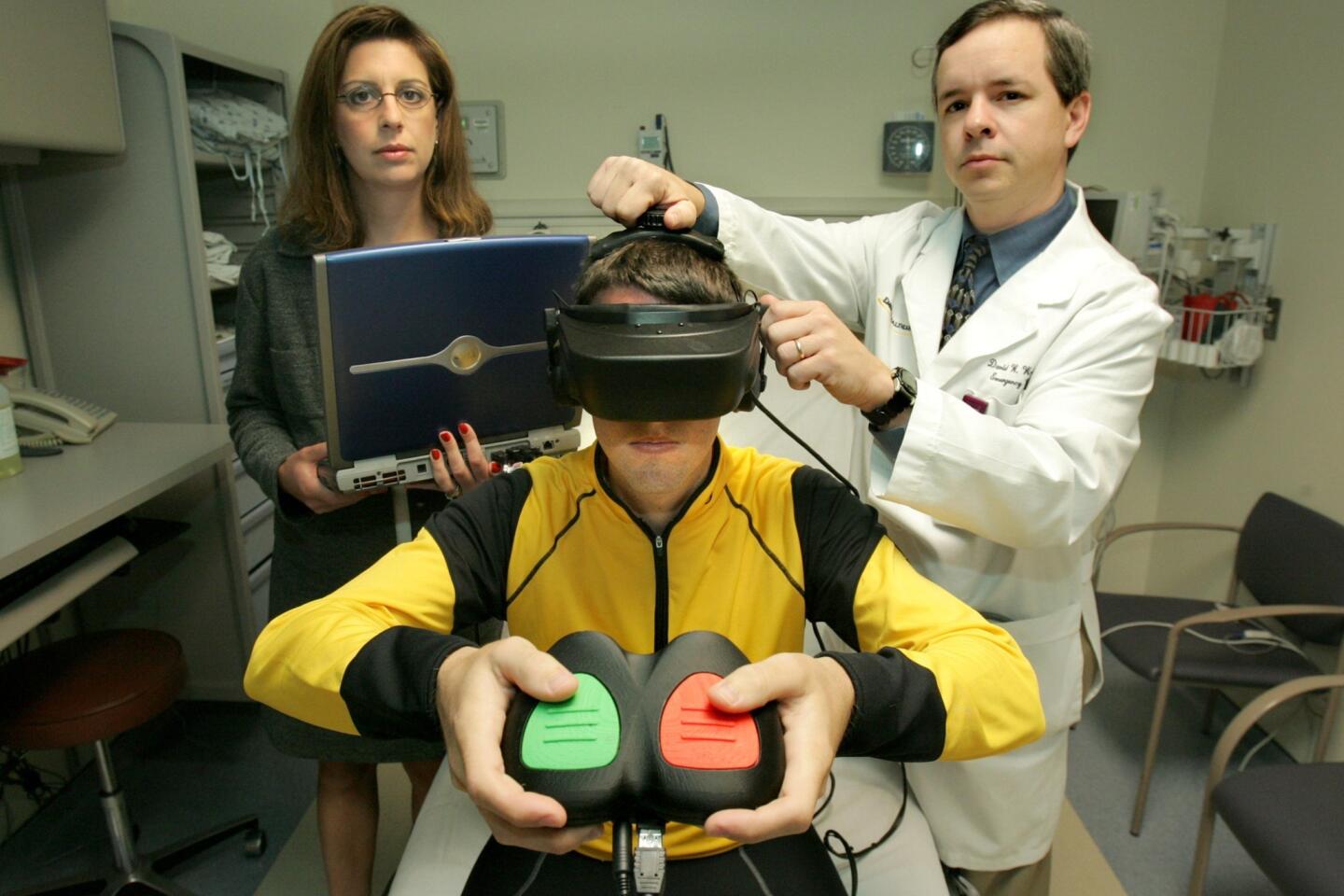Putting off retirement cuts chances of dementia, study says
Baby boomers take note: For every year you put off retirement, your chances of developing Alzheimer’s disease or other types of dementia are cut by 3%.
The findings are the result of a massive French study, which looked at the records of 429,000 workers. The scientists presented their results Monday at the Alzheimer’s Assn. International Conference in Boston.
“For each additional year of work, the risk of getting dementia is reduced by 3.2%,” Carole Dufoil, a scientist at INSERM, the French government’s health research agency, told the Associated Press.
The findings underpin the often repeated advice to prevent mental decline: “Use it or lose it.” Doctors have said that keeping the brain mentally challenged is one way to prevent dementia and related diseases.
The French workers that were part of the study were age 74, on average, and had been retired for an average of 12 years, the AP said.
The study found that nearly 3% had developed dementia, but that the risk of developing the disease was lower for each year of age at retirement.
For example, someone who retired at 65 had a 15% lower risk than someone who retired at 60, Dufouil said.
Economists have noted that the recession, which wiped out millions of Americans’ retirement funds, has led to people putting off retirement.
Since the mid-1990s, American workers have been working longer, but that trend accelerated sharply during the most recent economic calamity.
About 35 million people worldwide have dementia, and Alzheimer’s is the most common type. In the U.S., about 5 million people have Alzheimer’s, according to recent statistics.
Health officials predict an estimated 450,000 people will die in 2013 from the mind-robbing disease.
ALSO:
Citigroup profit jumps 42% in second quarter
CalPERS earns 12.5% on investments over the past year
Arsenic in apple juice: FDA proposes limiting level of toxic metal
ricardo.lopez@latimes.com
More to Read
Inside the business of entertainment
The Wide Shot brings you news, analysis and insights on everything from streaming wars to production — and what it all means for the future.
You may occasionally receive promotional content from the Los Angeles Times.




















